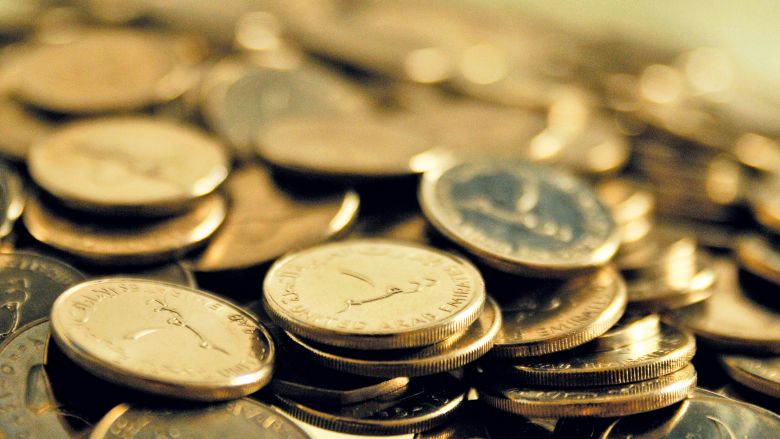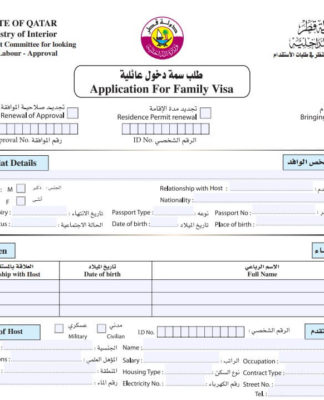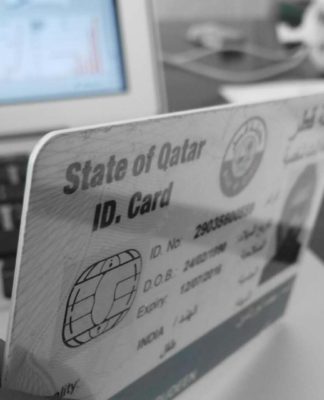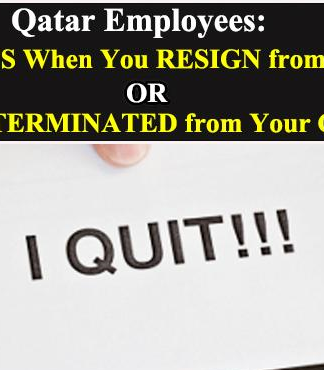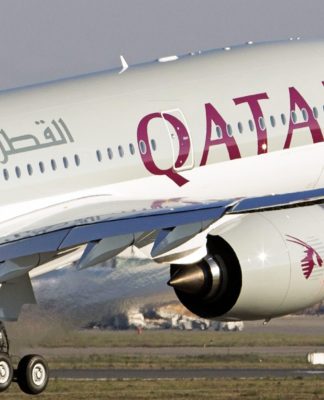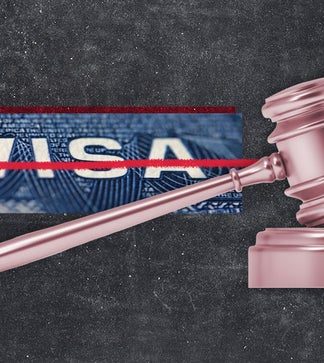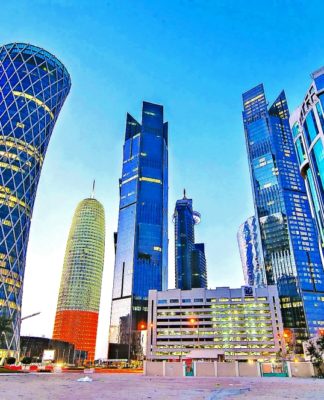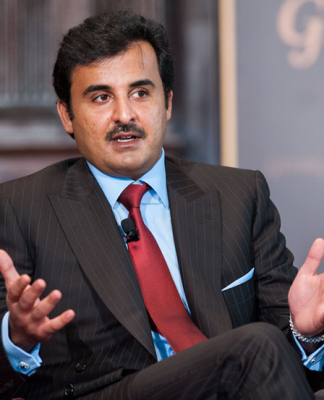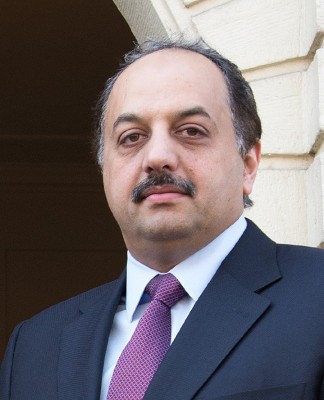
At the heart of the Qatar National Vision 2030 is the economic development. One of the core objectives of the Qatar National Vision 2030 is to establish a sustainable economy that drives progress by providing better opportunities and a better way of life for the country’s citizens. Achieving that objective hinges on Qatar’s ability to create a balance between an oil-based and a knowledge-based economy, helping diversify the country’s economy and guaranteeing a stable and sustainable business environment. The Qatar National Vision 2030 will also guide the wise management of the Qatari economy, helping increase competition, attracting more investments, and stimulating growth. Qatar’s future economic plans hinge on three pivotal objectives:
Sound Economic Management
• Reasonable and sustained rates of economic growth that secure a high standard of living for this generation and for future generations.
• Financial and economic stability characterized by low inflation rates, sound financial policy and a secure and efficient financial system.
• A stimulating business climate capable of attracting foreign funds and technologies and of encouraging national investments.
• Open and flexible economic structures capable of competing in a changing world.
• Coordination with Gulf Cooperation Council states and with Arab and regional economic organizations to establish trade, investment and financial ties.
Responsible Exploitation of Oil and Gas
• Optimum exploitation of hydrocarbon resources, establishing a balance between reserves and production, and between economic diversification and the degree of depletion.
• A vigorous oil and gas sector that generates advanced technological innovations and contributes to the development of human resources and economic capacities throughout Qatar.
• A fully developed gas industry that provides a major source of clean energy for Qatar and for the world.
• The long-term maintenance of strategic reserves of oil and gas to meet the needs of national security and sustainable development.
Suitable Economic Diversification
• A diversified economy that gradually reduces its dependence on hydrocarbon industries, enhances the role of the private sector and maintains its competitiveness through:
• Expansion of industries and services with competitive advantages derived from hydrocarbon industries.
• Design and development of economic activities in which Qatar can specialize, including the technical and human requirements of these activities.
• A knowledge-based economy characterized by innovation; entrepreneurship; excellence in education; a world-class infrastructural backbone; the efficient delivery of public services; and transparent and accountable government.
The question that arises now is that how Qatar is planning to achieve all these big objectives it has set for itself, that’s exactly what we will try to explain to you today.
Taxes:
Qatari authorities have realised that the country cannot depend on the oil-revenues forever, given that oil is an exhaustible resource and also set to become obsolete in the not-so-far-off future as sustainable and clean energy technologies advance.
This means Qatari economy will have to generate the income from elsewhere and implementation of taxes of products such as fast food, soda, tobacco and alcohol is just the beginning. For too long people in Qatar have enjoyed the tax-free benefits, but now the holiday period is over and it is time that people start paying taxes for the development and progress of the country and enable the country to make a transition from a ‘rentier state’ to a modern and robust economic powerhouse in the region.
The proposed Value Added Tax (VAT) at 5%, which is very low as compared countries such as the UK where it is 20%, will also generate income for the country in a significant way and allow the economy to further diversify.
Non-oil sectors:
Tourism has played an important role in Qatar’s economy since the year of 1989 and the tourism industry is expected to become a $7.2 billion industry by 2025. Research firm BMI in its report has forecasted that Qatar’s real GDP will grow by 3.7% by the year 2018. The research firm in a report said that the fixed capital formations that amounted to over 30% of the GDP from 2010-14 will be the primary drivers of the growth and are expected to add 3.1 basis points to the GDP at an average from 2017-22, the firm labelled the sovereign-led (Govt led) investments as the ‘brightest spots’ of the Qatari economy.
The Qatari economy would be largely deriving its growth from the infrastructure development and the growth of its non-hydrocarbon sector. “The Govt. led investment in the infrastructure sector will boost the country’s attractiveness in terms of tourism, culture and education,” BMI said. The country is not only involved in the construction of stadiums and transport infrastructure for the FIFA mega event, which is at the centre of its tourism strategy, it has also upped the ante in terms of building large-scale shopping centres and of other culture and recreation facilities.
Other major infrastructural projects include Doha Metro’s Gold Line, estimated to cost $4.4bn and ready by 2019, Green Line, estimated to cost $2.3bn and ready by 2018 and Red Line North, estimated to cost $2bn and ready by 2017. BMI also pointed out the expansion project of Hamad International Airport, which will be undertaken at a cost of $16 billion and is currently in the planning stages.
In May last year, the country’s Ministry of Economy and Commerce in a report suggested that the sports sector of the count requires investments to the tune of QR72bn in the next seven years. The Ministry has identified 83 commercial, investment opportunities directly from the government sector to the private sector, which when ready will contribute to the economy in a significant way.














